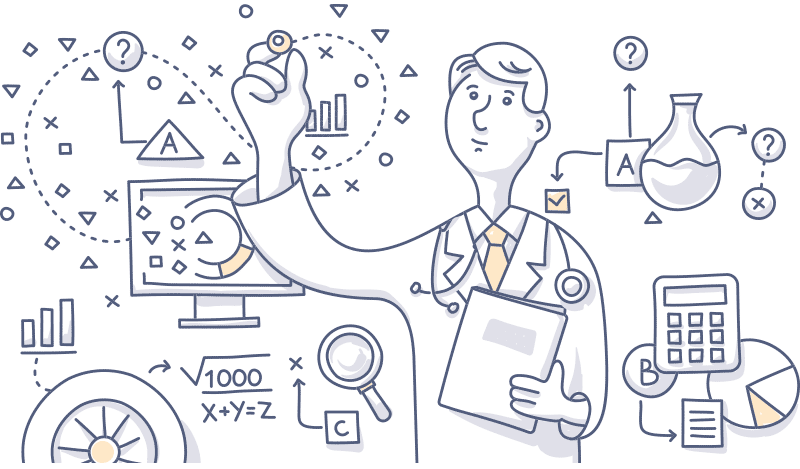Hey Guys,
This article is going to be a snapshot of some things going on in Artificial Intelligence at the intersection of healthcare.
Want to Help Substack?
Are you an iOS User and like Online surveys? Jasmine Sun asked me to share this opportunity with you guys: Participate in a Substack reader interview. If interested, Compensation: $60 Amazon or Uber…
Keep reading with a 7-day free trial
Subscribe to AI Supremacy to keep reading this post and get 7 days of free access to the full post archives.



